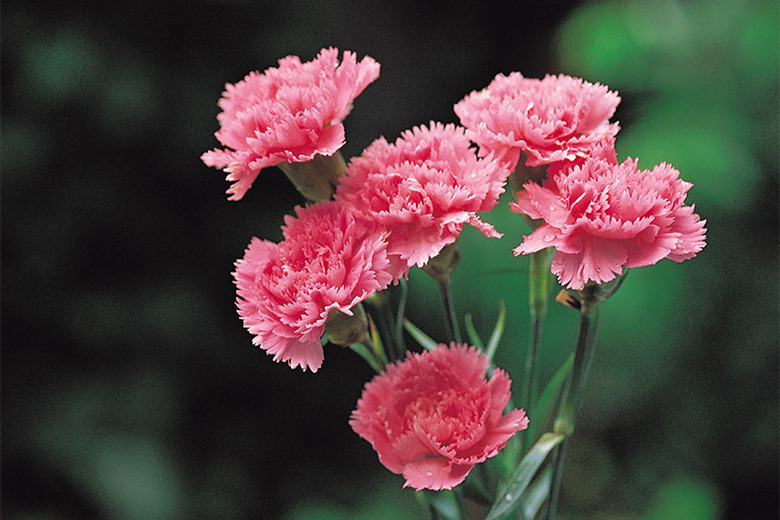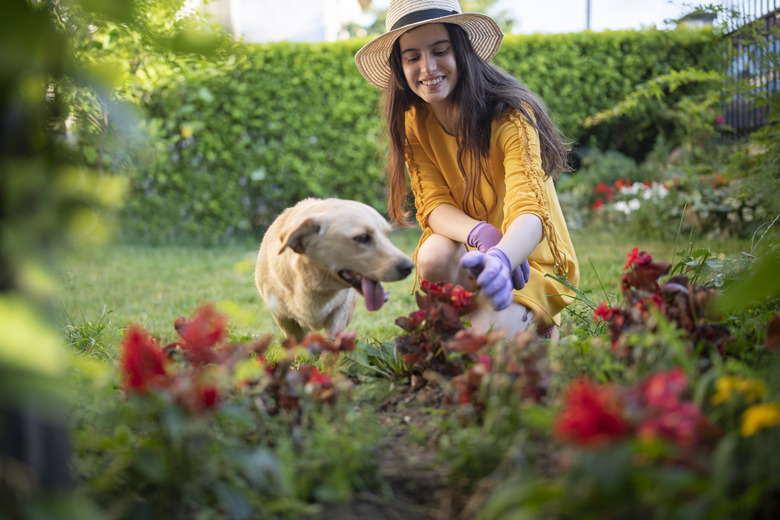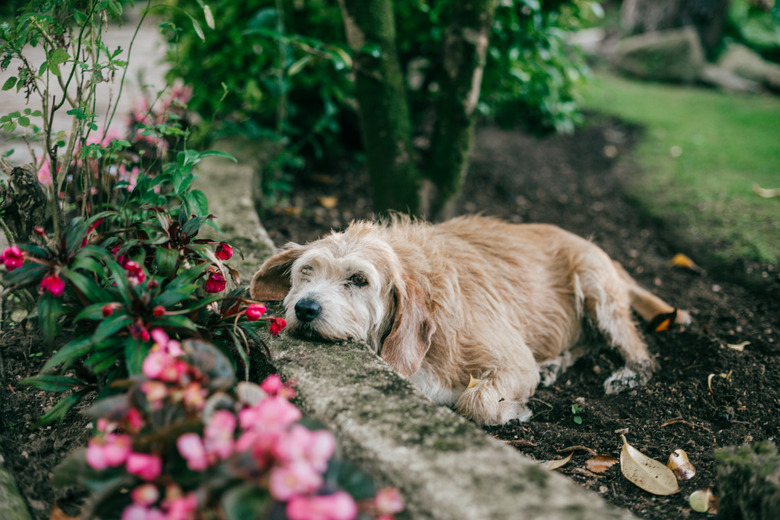Are Carnations Toxic For Cats And Dogs?
Carnations are members of the Dianthus genus and are one of the most popular cut flowers in bouquets. Unfortunately, Dianthus is not safe for dogs and cats. Know the risks before bringing carnations into your home and take steps to make sure your home and yard are safe for all of your furry friends.
Is Dianthus safe for dogs and cats?
Is Dianthus safe for dogs and cats?
Dianthus is not safe for dogs and cats, but fortunately, symptoms of toxicity are generally mild. The toxic principle that causes the reactions is unknown. If your pet eats a carnation, he may experience symptoms, such as dermatitis or gastrointestinal signs.
Your pet will likely recover from these mild symptoms without the need for veterinary treatment. However, it is always best to reach out to your veterinarian if your pet ingests anything that may be toxic or if he is showing symptoms of poisoning. Your vet can advises you on whether or not a trip to the clinic is necessary.
Poisonous plants and your pet
Poisonous plants and your pet
While carnations may only cause mild problems for your pet, there are a number of plants that are commonly found in the home garden or kept as houseplants that are extremely toxic to cats and dogs. Some examples include ivy, oleander, and lilies.
If your dog or cat ingests a poisonous plant (or any other toxic substance), remove her from the area right away and assess her breathing and symptoms. If she is having trouble breathing or having severe symptoms, take her to the vet immediately.
If your pet is still acting normally or exhibiting only mild symptoms, you can call your veterinarian, the ASPCA's Animal Poison Control Center, or the Pet Poison Helpline. Don't wait to make the call, as treatment can be more complicated and more expensive if symptoms progress. Never offer home remedies, such as milk, or attempt to induce vomiting unless advised to do so by a vet.
Pet-friendly home and garden
Pet-friendly home and garden
Evaluate the plant life in your home and garden to determine which species are safe for your cats and dogs. If you have species that are toxic, the safest thing to do is to remove them. However, this may not always be possible or desired. For example, the foliage and green fruit of tomato plants are toxic and can cause serious symptoms, but tomatoes are a staple of your vegetable garden.
If you opt to keep toxic plants, make sure to keep your pets away from them. This may mean fencing off your vegetable garden or an area in your yard and putting potted plants on a higher shelf or table that your pets can't reach. This can be more challenging for cats who enjoy high perches.
If you enjoy having cut flowers in the home, consider some safe alternatives to carnations. Some options to consider include roses, orchids, snapdragons, Gerbera daisies, sunflowers, and Madagascar jasmine. Keep in mind that any plant or food that your pet is not used to eating may cause mild gastrointestinal symptoms.
References
- American Society for the Prevention of Cruelty to Animals: Carnation
- RSA Group: Guide To Toxic Plants for Pets in the Garden
- American Society for the Prevention of Cruelty to Animals: Poisonous Plants
- Pet Poison Helpline: Emergency Instructions
- American Society for the Prevention of Cruelty to Animals: Mother's Day Bouquets: What's Safe for Pets?


